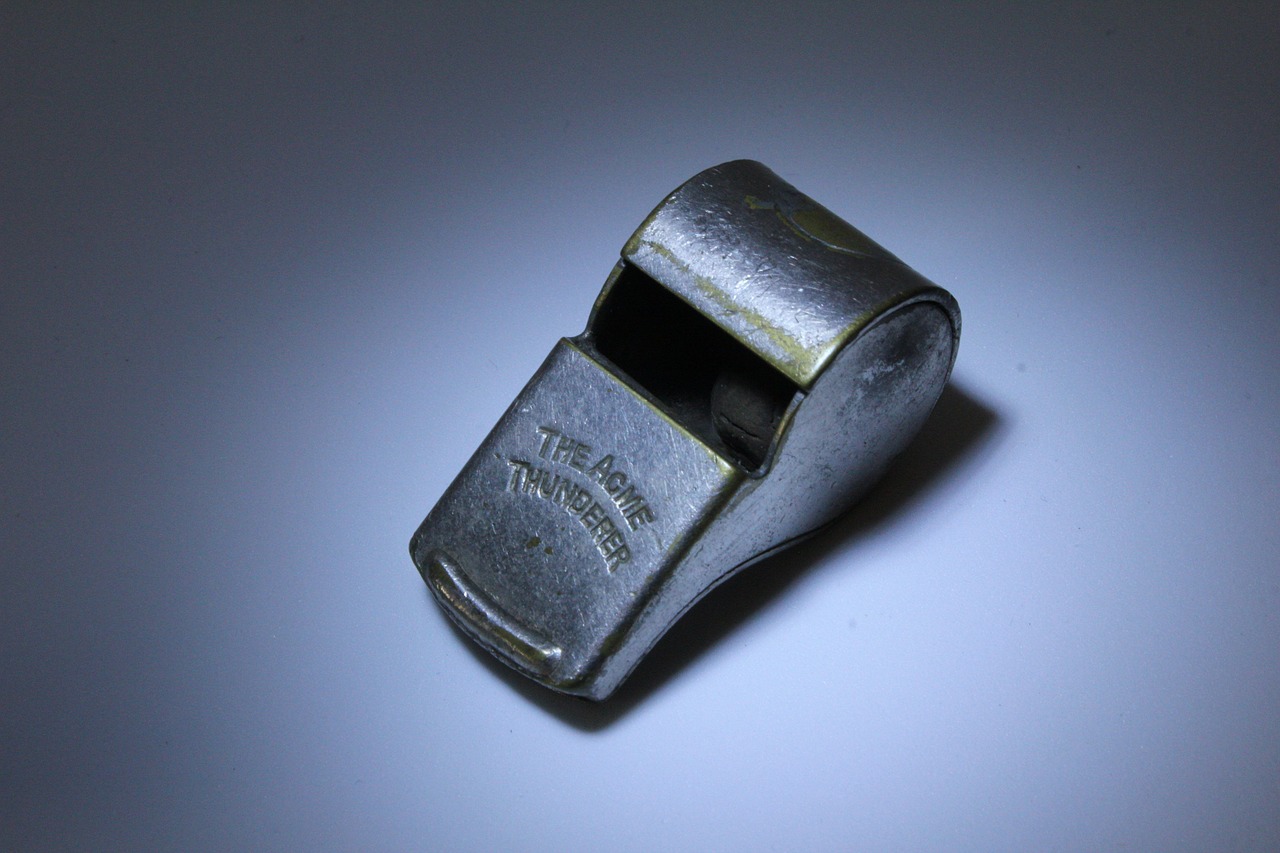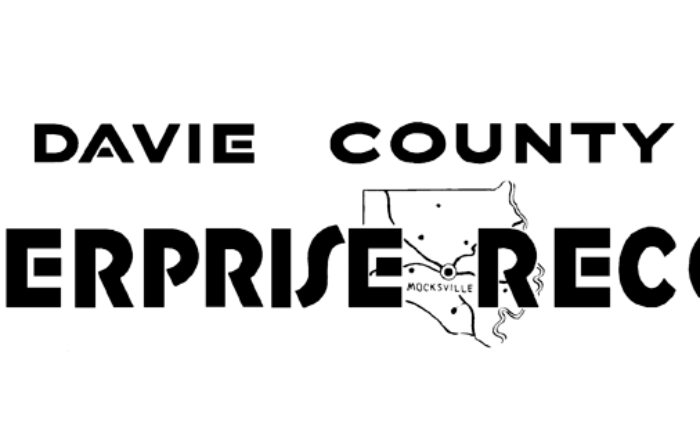Why Does North Carolina Have a Whistleblower Law?
North Carolina enacted a whistleblower law, known as the False Claims Act, for two reasons. First, to deter people from causing the State to pay claims that are false or fraudulent. Second, to provide remedies in the form of treble damages and other civil penalties when money is obtained from the State by fraud.
Who can File an Action Under the False Claims Act in North Carolina?
Civil actions under the False Claims Act may be filed by the North Carolina Attorney General or by private citizens. Actions by private citizens, whistleblowers, are referred to as qui tam plaintiff actions.
A whistleblower lawsuit must be filed in the name of the State and remain under seal for at least 120 days. The State may then decide to 1) take over the action; or 2) decline to take over and have the action litigated by the whistleblower.
What Does Qui Tam Stand For?
The term qui tam is a short form of the Latin phrase “qui tam pro domino rege quam pro se ipso in hac parte sequitur” which means “he who sues in this matter for the king as well as for himself.”
In modern terms, the qui tam plaintiff is referred to as a “whistleblower” – someone who brings a lawsuit on the government’s behalf when fraud has been committed against the government.
What is a Violation of the North Carolina False Claims Act?
There are several ways that someone can violate the North Carolina False Claims Act. Typically, the Attorney General or whistleblower will allege that one or more of the following acts were committed:
- Someone knowingly presents or causes to be presented a false or fraudulent claim for payment or approval.
- A person knowingly makes, uses, or causes to be made or used, a false record or statement material to a false or fraudulent claim.
- Someone has possession, custody, or control of property or money used or to be used by the State and knowingly delivers or causes to be delivered less than all of that money or property.
- A person is authorized to make or deliver a document certifying receipt of property used or to be used by the State and, intending to defraud the State, makes or delivers the receipt without completely knowing that the information on the receipt is true.
- Someone knowingly buys, or receives as a pledge of an obligation or debt, public property from any officer or employee of the State who lawfully may not sell or pledge the property.
- Someone knowingly makes, uses, or causes to be made or used, a false record or statement material to an obligation to pay or transmit money or property to the State, or knowingly conceals or knowingly and improperly avoids or decreases an obligation to pay or transmit money or property to the State.
- A person conspires to commit any of these violations.
Damages, Liability, and Recovery in Winston Salem
If someone is found to have violated the False Claims Act by one or more of the methods outlined above, they will be liable to the government for:
- Treble damages – three times the amount of damages the State sustained because of the fraud;
- Costs of the civil action; and
- Civil penalties of between $5,500 and $11,000 (adjusted for inflation in accordance with the Federal Civil Penalties Inflation Adjustment Act of 1990, as amended by the Federal Civil Penalties Inflation Adjustment Act Improvements Act of 2015).
Defendant Cooperation & Limited Damages
Damages may be limited by the court to not less than two times the amount of damages the State sustains because of the fraud and the court may waive a civil penalty if:
- The person committing the violation furnished officials of the State who are responsible for investigating false claims violations with all information known to that person about the violation within 30 days after the date on which the person first obtained the information.
- The person fully cooperated with any investigation of the violation by the State.
- At the time the person furnished the State with information about the violation, no criminal prosecution, civil action, or administrative action has commenced with respect to the violation, and the person did not have actual knowledge of the existence of an investigation into the violation.
However, this limitation of damages does not apply to claims, records, or statements made involving North Carolina tax laws.
What can be Awarded to a Whistleblower Plaintiff?
In North Carolina, a whistleblower plaintiff’s recovery depends on a variety of factors. Generally, the award depends largely on the whistleblower plaintiff’s contribution to the prosecution of the action. The table below provides a general guideline.
| State Proceeds with Action | State Does Not Proceed with Action | Case Primarily Based on Public Disclosures |
|---|---|---|
| 15% – 25% | 25% – 30% | Up to 10% |
Whistleblower Protections in North Carolina
In North Carolina, whistleblowers are afforded a series of protections from retaliation. Particularly, whistleblowers are entitled to relief from their employer if they are discharged, demoted, suspended, threatened, harassed, or discriminated against. A whistleblower may be entitled to reinstatement, two times back pay, interest on back pay, and compensation for any special damages they sustain.
Additionally, a whistleblower will be entitled to any costs or attorneys fees associated with an action that seeks relief from the retaliation.
About the Author: W. Scott Harkey is a former senior white-collar special prosecutor and the managing attorney of Harkey Litigation. Harkey has served as lead counsel for some of the most notorious fraud cases in modern North Carolina history. Click here to learn about some of the notable cases Harkey has handled. Visit the Harkey Litigation website to learn more about whistleblower lawsuits and actions under the False Claims Act.




